EDITORIAL
Published on 06 May 2024
Editorial: Marine microbial symbioses: host-microbe interaction, holobiont's adaptation to niches and global climate change
doi 10.3389/fmicb.2024.1416897
- 793 views
6,587
Total downloads
30k
Total views and downloads
Select the journal/section where you want your idea to be submitted:
EDITORIAL
Published on 06 May 2024
ORIGINAL RESEARCH
Published on 26 Mar 2024
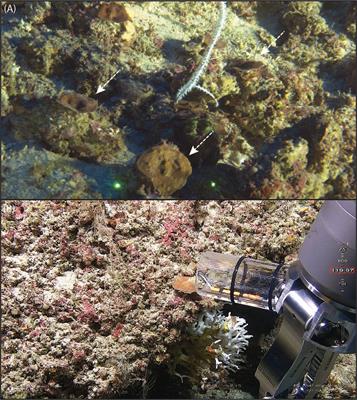
ORIGINAL RESEARCH
Published on 11 Jan 2024
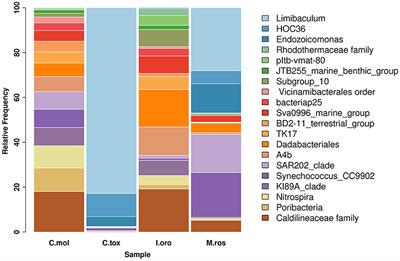
ORIGINAL RESEARCH
Published on 08 Jan 2024
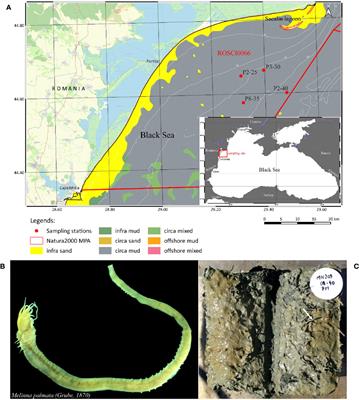
ORIGINAL RESEARCH
Published on 12 Oct 2023
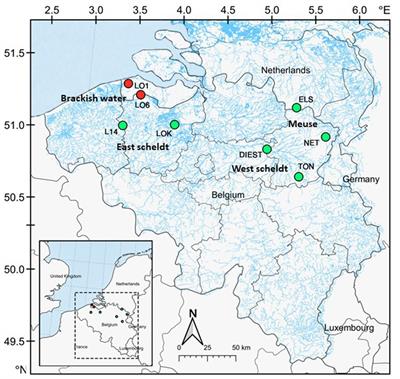
PERSPECTIVE
Published on 15 Aug 2023
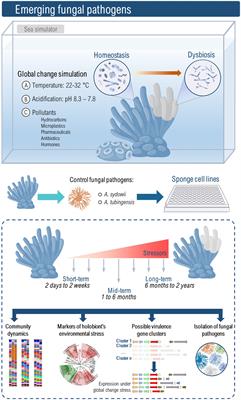
ORIGINAL RESEARCH
Published on 06 Jul 2023
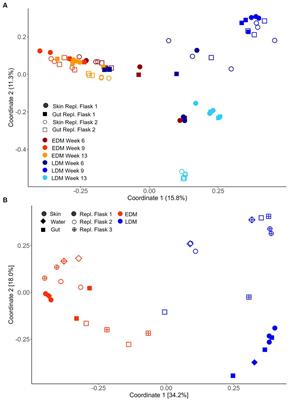
ORIGINAL RESEARCH
Published on 29 Jun 2023
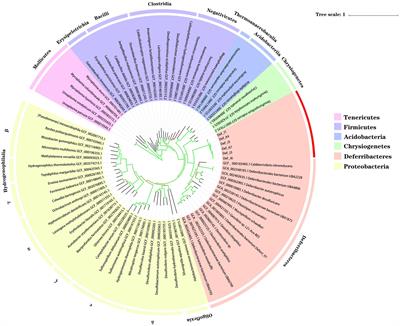
ORIGINAL RESEARCH
Published on 05 Jun 2023
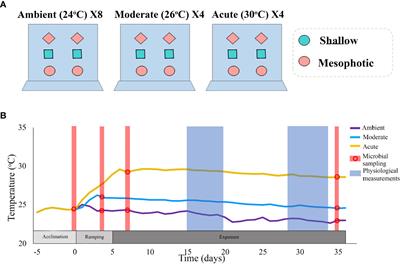
ORIGINAL RESEARCH
Published on 20 Apr 2023

ORIGINAL RESEARCH
Published on 01 Mar 2023
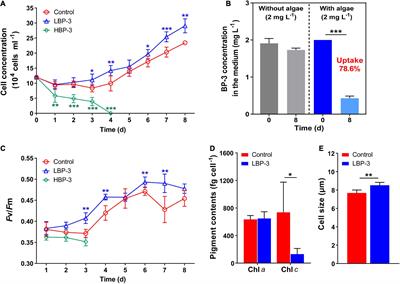
ORIGINAL RESEARCH
Published on 03 Feb 2023
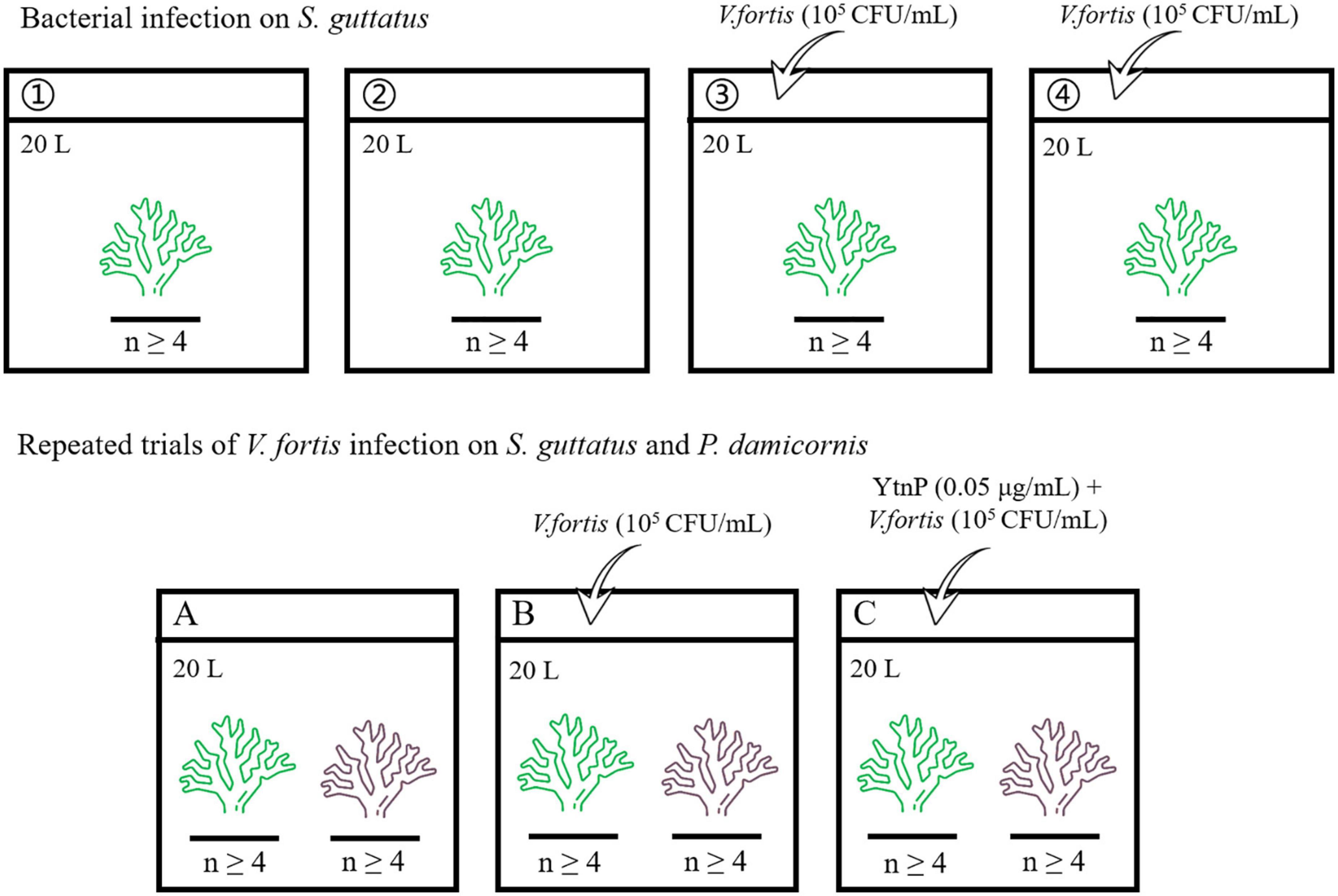

Frontiers in Marine Science